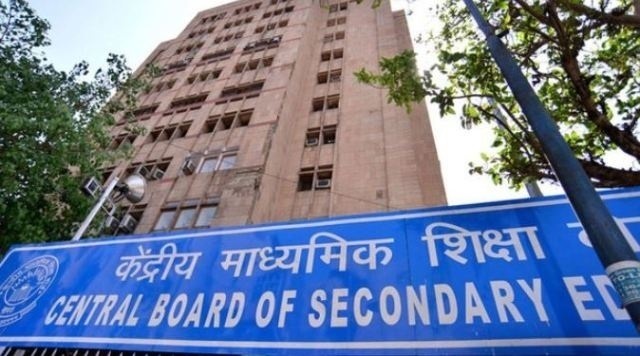New Delhi: The students appearing in the CBSE board exams next year will not be required to study about secularism, citizenship, nationalism, demonetisation and democratic rights as the chapters dealing with these subjects, along with several other chapters, have been dropped from the syllabus to reduce the course load for students amid the coronavirus crisis.
The Central Board of Secondary Education (CBSE) notified the new syllabus for classes 9 to 12 for the 2020-21 academic session Wednesday after rationalising up to 30 per cent of the curriculum.
According to the updated curriculum, the chapters deleted from the Class 10 syllabus are those dealing with democracy and diversity, gender, religion and caste, popular struggles and movement and challenges to democracy.
For Class 11, the deleted portions include the chapters on federalism, citizenship, nationalism, secularism and growth of local governments in India.
Similarly, Class 12 students will not be required to study the chapters on India’s relations with its neighbours — Pakistan, Myanmar, Bangladesh, Sri Lanka and Nepal, the changing nature of India’s economic development, social movements in India and demonetisation, among others.
According to Human Resource Development (HRD) Ministry officials, the syllabus has been rationalised to reduce the burden on students but the core concepts have been retained.
“The loss of instructional time for a proportionate reduction in the curriculum load for exams was assessed. Accordingly, the course committee of the board had initiated the work on the reduced syllabus. Suggestions were invited from various stakeholders.
“Heads of schools and teachers have been advised by the board to ensure that the topics that have been reduced are explained to the students to the extent required. However, the reduced syllabus will not be part of the topics for the internal assessment and the year-end board examination,” a senior CBSE official said.
Universities and schools across the country have been closed since March 16, when the Centre announced a nationwide classroom shutdown as one of the measures to contain the COVID-19 outbreak.
A nationwide lockdown was announced March 24, which came into effect the next day. While the government has eased several restrictions, the schools and colleges continue to remain closed.
PTI
